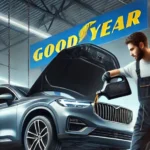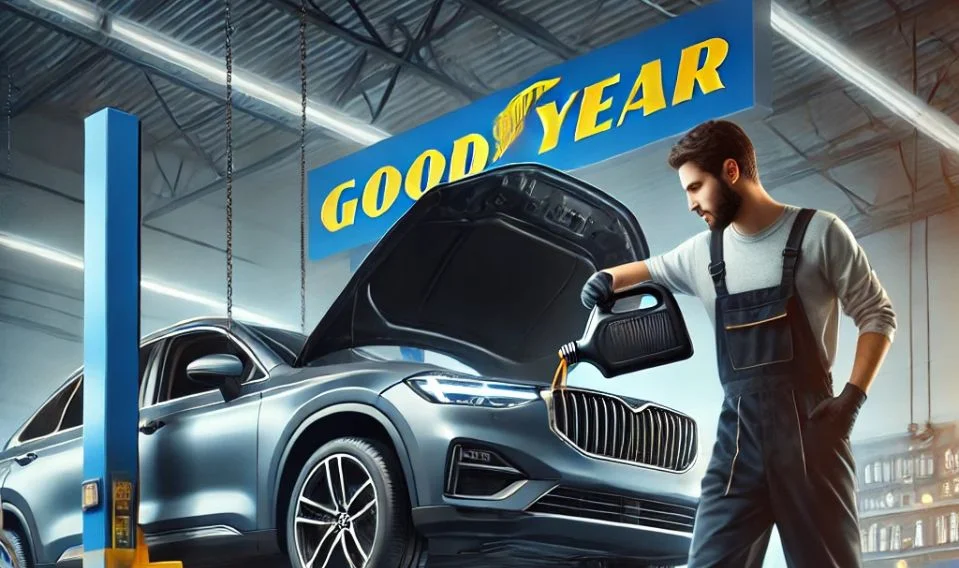Congratulations on acquiring a brand-new vehicle! Prioritizing automobile maintenance as a new car owner is crucial to making sure that your purchase lasts for many years. In addition to extending the vehicle’s lifespan, proper maintenance improves both performance and safety. We’ll go over five crucial pointers in this post to assist you in keeping your car in good working order.
1. Follow the Manufacturer’s Maintenance Schedule:
Following the suggested maintenance plan provided by the manufacturer is one of the most crucial aspects of caring for your new vehicle. The intervals at which different servicing tasks, such as tire rotations, oil changes, and fluid checks, should be carried out are specified in this schedule. You can keep your automobile performing at its best and handle any possible problems before they become expensive ones by carefully adhering to this routine. It’s critical to keep up with planned maintenance to keep your car in great shape for many years to come. Skipping out on it can result in reduced performance, lower fuel economy, and even mechanical breakdowns.
2. Keep Up with Regular Oil Changes:
The engine of your car must be changed on a regular basis. To minimize premature wear and tear, engine oil moisturizes moving parts, lowers friction, and aids in heat dissipation. To find out how often your automobile should have its oil changed, see your owner’s handbook and make sure you follow the prescribed schedule. To guarantee the best possible engine protection and performance, use premium oil and filters. Prioritizing oil changes is essential if you want your car to continue operating smoothly for many years to come. Skipping out on this maintenance chore can result in greater engine wear, decreased fuel economy, and even engine damage.
3. Check and Maintain Tire Pressure:
Proper tire pressure is necessary for long-term tire life, safety, and felt efficiency. Utilizing a tire pressure gauge, check your tires’ pressure frequently—at least once a month. The recommended tire pressure shown in your owner’s handbook or on the tire placard on the passenger side door jamb should be inflated into your tires. Make sure your tires are correctly inflated to avoid issues with handling, momentum, and fuel efficiency. It’s critical to rotate your tires in accordance with manufacturer recommendations and routinely examine them for wear or damage besides checking tire pressure.
4. Practice Safe Driving Habits:
Your car’s lifetime and performance are greatly influenced by the way you drive. Steer clear of aggressive driving techniques like forceful braking, abrupt acceleration, and speeding since they can cause needless stress on the suspension, brakes, engine, and gearbox of your vehicle. In order to avoid early wear and tear on your vehicle, you should also observe posted speed limits and refrain from towing or carrying heavier weights than your automobile can handle. You may increase the lifespan of the parts in your car and lower the risk of malfunctions or mechanical breakdowns by driving defensively and abstaining from aggressive driving. Recall that maintaining your car’s long-term dependability and performance, in addition to safeguarding both you and other road users, is another reason to drive safely.
5. Keep Your Vehicle Clean Inside and Out:
- Maintaining the aesthetics and value of your car requires routine cleaning and upkeep of the outside and inside. Wash your automobile frequently to get rid of road salt, filth, and grime that can corrode and harm the paint. To keep the inside tidy and well-maintained, buy and use car wash kits, vacuum it, clean the surfaces, and treat the leather upholstery. A clean automobile encourages a more pleasurable driving experience in addition to looking nicer. Using coats of protection on upholstery and trim, as well as applying wax or sealer, is crucial for shielding the paint on your vehicle and interior finishes from the weather, in addition to routine cleaning.
Conclusion
Maintaining your automobile should be your first concern as a new owner to guarantee its durability, functionality, and safety. You can extend the life of your car and have trouble-free driving for many years to come by adhering to the manufacturer’s upkeep schedule, changing your oil on a regular basis, maintaining correct tire pressure, driving safely, and keeping your car clean on the inside and outside. Recall that by lowering repair expenses and enhancing the pleasure of your new automobile, spending time and effort on vehicle maintenance now will pay dividends in the long term.











